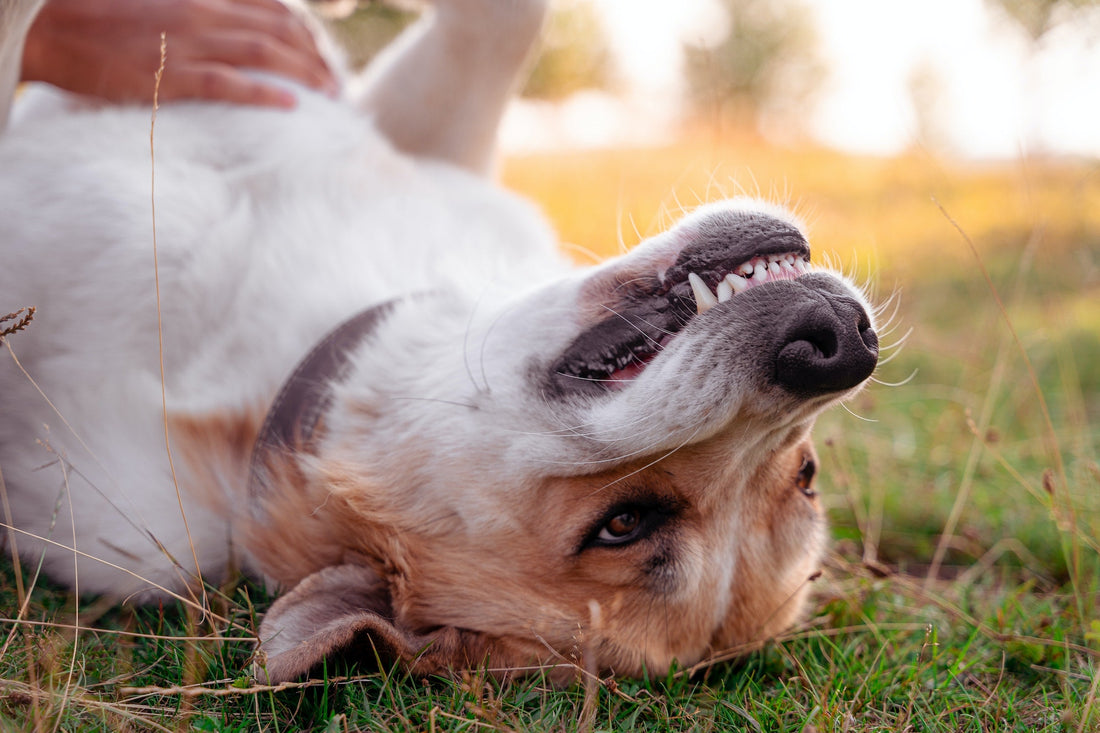As pet owners, we often worry about the health of our furry friends, and their oral health is no exception. Dental health is an essential aspect of your pet's overall well-being, and it's crucial to stay proactive about it. While regular dental checkups and cleanings are essential, dental x-rays play a critical role in identifying and treating dental issues in dogs.
What are Dental X-rays?
Dental x-rays are diagnostic tools that help veterinarians to see the internal structure of a dog's teeth, gums, and jawbone. They are used to detect problems that are not visible to the naked eye, such as tooth decay, abscesses, bone loss, and tumors.
Why are Dental X-rays Necessary?
Even though your dog may seem to have perfect teeth and gums, there may be underlying issues that require treatment. Some dental problems can be hidden from plain sight, such as tooth roots that have become infected or damaged. Dental x-rays help veterinarians to catch these problems early on before they become severe.
Dental x-rays are particularly important in identifying periodontal disease in dogs. Periodontal disease is a common condition that affects the gums and teeth of dogs. It occurs when plaque and bacteria build up on the teeth and gums, leading to inflammation and infection. If left untreated, periodontal disease can cause pain, tooth loss, and even spread to other parts of the body.
Dental x-rays can also help veterinarians to identify oral tumors, which can be cancerous or benign. Early detection of these tumors can make them easier to treat, improving the chances of a successful outcome.
When Should Dental X-rays be Taken?
Dental x-rays should be taken as part of your dog's routine dental exam. The frequency of dental x-rays will depend on your dog's age, breed, and overall health. Puppies may require fewer x-rays than older dogs, while dogs with certain health conditions may need more frequent x-rays.
Dental x-rays may also be necessary if your dog is showing signs of dental issues, such as bad breath, difficulty chewing, or bleeding gums. In some cases, dental x-rays may be required before dental procedures such as extractions or root canals.
Are Dental X-rays Safe for Dogs?
Dental x-rays are generally safe for dogs when performed by a trained professional. The level of radiation exposure from dental x-rays is minimal and considered safe for dogs. Your veterinarian will take precautions such as using lead aprons and collars to further reduce exposure.
In summary, dental x-rays play a crucial role in identifying and treating dental issues in dogs. They help veterinarians to catch problems early on before they become severe, improving the chances of a successful outcome. Dental x-rays are safe for dogs when performed by a trained professional and should be part of your dog's routine dental exam. By staying proactive about your pet's oral health, you can help ensure they live a happy and healthy life.









